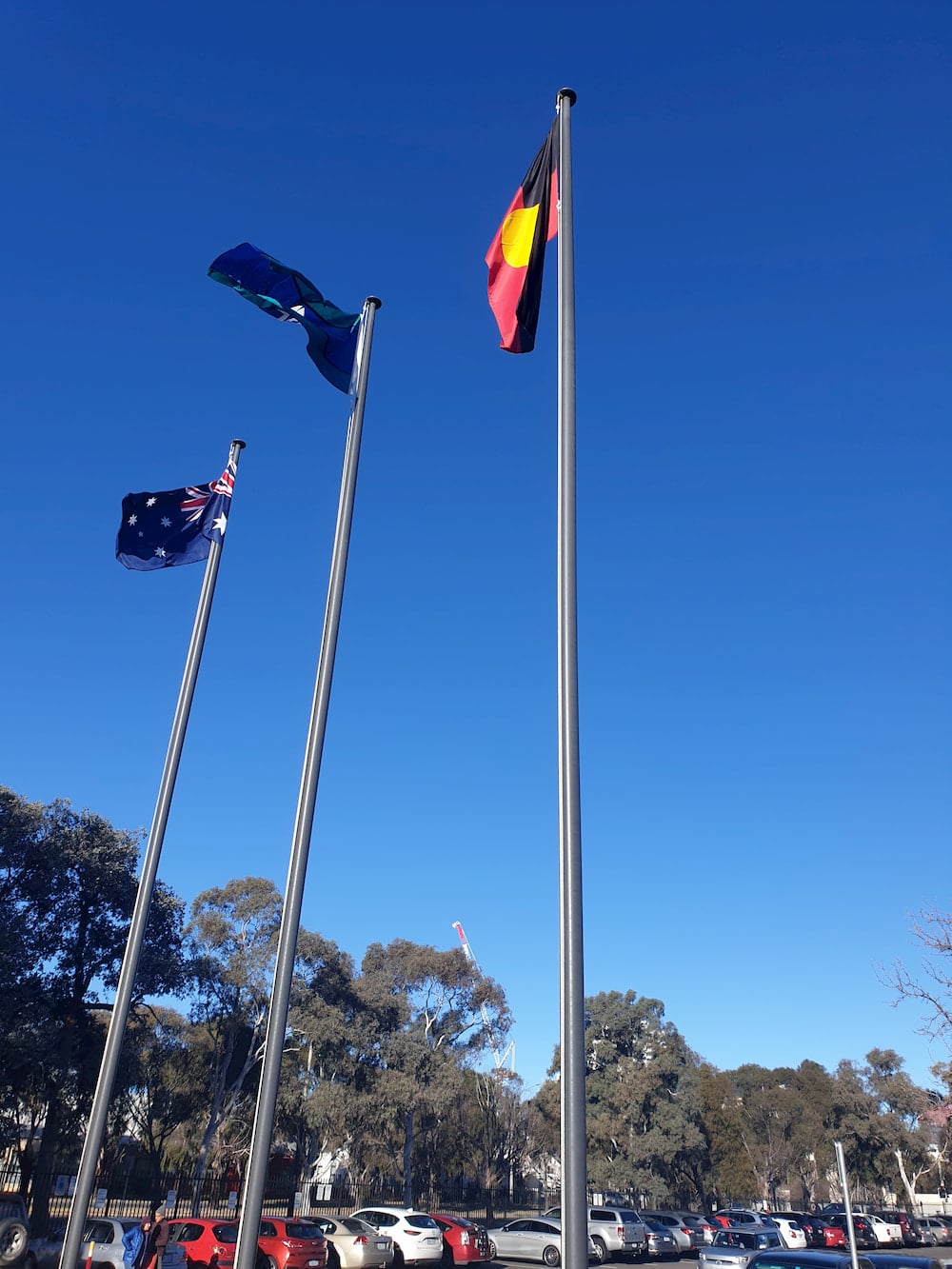Delayed because of COVID and absent its annual national awards, NAIDOC Week (8-15 November) is finally here and it’s time to celebrate the history, culture and achievements of Aboriginal and Torres Strait Islander communities.
Australia hasn’t always celebrated Indigenous culture and people didn’t just wake up one day and decide to do it.
Australia celebrates NAIDOC Week after generations of Aboriginal and Torres strait Islanders fought for it.
NAIDOC now stands as the name of the celebratory week, but it is an acronym of National Aborigines Islanders Day Observance Committee, which contains language now considered outdated and offensive.
NAIDOC points to Aboriginal activists’ groups of the 1920s for its origins and two groups specifically who ran Aboriginal-led boycotts of Australia Day celebrations.
In 1924, Indigenous Australians’ first politically organised activist group, the Australian Aborigines Progressive Association (AAPA), was founded.
According to the National Museum of Australia, AAPA had a membership of around 500 people. It called for the abolition of the NSW Aborigines Protection Board, which was involved in the lives of Aboriginal people, and demanded Indigenous affairs be managed by Indigenous people.
AAPA held street rallies, conferences, wrote letters to newspapers and petitioned political leaders. Organisers wanted to stop the removal of Aboriginal children from their families, gain equal citizenship, protect Aboriginal cultural identity and ensure Indigenous communities and families could provide for themselves and their future through land ownership.
AAPA leader Fred Maynard was banned from entering NSW missions and reserves by the Aboriginal Protection Board.
National Museum of Australia said the Inspector General of the NSW Police, who was also the Chair of the Protection Board, increased police intimidation of AAPA members, including threats to imprison members or remove their children.
Under strong pressure from government and law enforcement agencies, the organisation ceased widespread public activity at the end of 1927.
In 1932, the Aborigines Advancement League (AAL) took up where they left off, with its founder William Cooper petitioning the King for Aboriginal electorates in Federal Parliament.
On Australia Day 1938, the AAL joined with the NSW Aborigines Progressive Association to call for a national day of mourning.
Protestors marched through the streets of Sydney, in what is considered one of the first major civil rights gatherings in Australia.
The Day of Mourning was held annually on the Sunday before Australia Day from 1940 until 1955 and was known as Aborigines Day.
In 1955, Aborigines Day was shifted to the first Sunday in July after it was decided the day should become not simply a protest day but also a celebration of Aboriginal culture.
As a major outcome of the 1967 referendum, the Department of Aboriginal Affairs was formed in 1972.
In 1974, the NADOC committee was composed entirely of Aboriginal members for the first time.
The following year, it was decided that the event should cover a week, from the first to second Sunday in July.
In 1984, NADOC asked that National Aborigines Day be made a national public holiday, to help celebrate and recognise the rich cultural history that makes Australia unique.
This has not happened. However, the ACT marks Reconciliation Day with a public holiday on the first Monday on or after 27 May, the date of the 1967 referendum.
In 1991, the distinct cultural and historical differences between the Aboriginal and Torres Straight Islander people was recognised and NADOC became NAIDOC.



